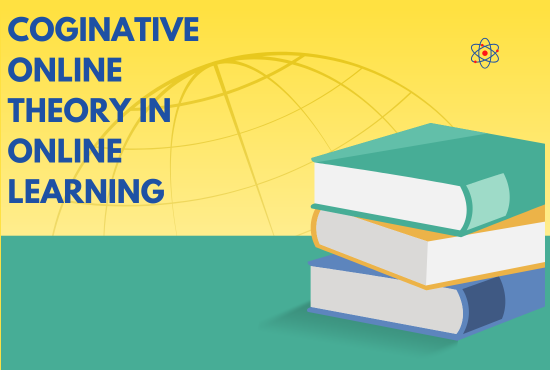Teacher Retention and Shortages
Updated: 04 Jul 2025
Teacher Retention And Shortage
Educator maintenance and deficiencies are basic issues confronting school systems worldwide, and they have been a developing worry as of late. Here is a breakdown of the fundamental perspectives:
1. Teacher Shortages
- Expanded Demand: In numerous locales, there is a rising interest for instructors because of expanding understudy enlistment, developing populace, and the requirement for particular subject teachers.
- High Turnover Rates: The instructor calling has one of the greatest turnover rates. Numerous new educators leave the calling inside the initial not many years because of elements like pressure, low compensation, and testing workplaces.
- Subject-Explicit Shortages: A few branches of knowledge, like STEM (Science, Innovation, Designing, and Math), custom curriculum, and unknown dialects, frequently face more intense deficiencies.

2. Causes of Educator Shortages
- Low Compensations and Benefits: Numerous educators report being come up short on for the work they do. Pay holes among instructors and different callings requiring comparable degrees of schooling are a main pressing issue.
- Responsibility and Stress: Educators frequently manage high jobs, extended periods, and the profound pressure of overseeing homerooms, getting ready illustration plans, evaluating tasks, and managing social issues. This can add to burnout.
- Absence of Support: Deficient assets, lacking proficient advancement open doors, and negligible help from executives can cause educators to feel segregated and unfit to deal with the requests of the gig.
- Work Insecurity: Provisional labor, absence of residency, and the strain to meet state administered testing necessities can add to sensations of uncertainty in the calling.

3. Impacts of Educator Shortages
- Nature of Education: Educator deficiencies can prompt bigger class sizes, which might obstruct understudy learning. A deficiency of qualified educators in specific subjects or specializations (like custom curriculum) can adversely influence the nature of schooling.
- Expanded Responsibility for Existing Teachers: When schools battle to fill positions, the weight frequently falls on the excess instructors, who should take on extra classes or obligations, prompting higher feelings of anxiety and burnout.
- Value Concerns: Deficiencies can lopsidedly influence schools in low-pay or rustic regions, where it very well might be more hard to draw in and hold qualified educators. This intensifies instructive disparity.

4. Teacher Maintenance Strategies
- Further developed Compensation: Offering cutthroat pay rates, rewards, and better arrangement for assistance is fundamental for holding instructors. A few districts have begun giving marking rewards or raising beginning compensations to draw in and keep teachers.
- Proficient Development: Offering continuous help and open doors for educators to develop expertly, including mentorship projects and studios, can assist them with feeling esteemed and upheld.
- Mentorship and Support: New educators can profit from having encountered tutors to direct them through the early long stretches of their professions. Moreover, school pioneers ought to cultivate a steady workplace.
- Work-Life Balance: Advancing balance between fun and serious activities through reasonable responsibilities, better arranging time, and more help for homeroom the executives can help decrease burnout.
- Positive School Culture: Schools that advance cooperation, regard, and appreciation for their educators will generally have higher degrees of consistency. Perceiving the accomplishments and endeavors of educators can further develop spirit.

5. Long-Term Solutions
- Educator Schooling Programs: Further developing instructor arrangement projects to more readily furnish educators with the apparatuses they need to deal with the difficulties of the homeroom can assist new educators with remaining in the calling longer.
- Strategy Changes: At the strategy level, promotion for better subsidizing for schooling, changes to responsibility frameworks, and arrangements that make showing a more alluring calling (e.g., credit pardoning programs for educators in underserved regions) can help.
- Local area Engagement: Drawing in the more extensive local area in perceiving the significance of educating and upholding for assets to help educators can assume a part in long haul arrangements.
All in all, educator deficiencies and maintenance are complicated issues requiring a mix of monetary speculation, foundational change, and social movements inside the schooling system. Tending to these difficulties is fundamental for guaranteeing that understudies get excellent schooling and that educators are upheld in their basic jobs.

Please Write Your Comments





